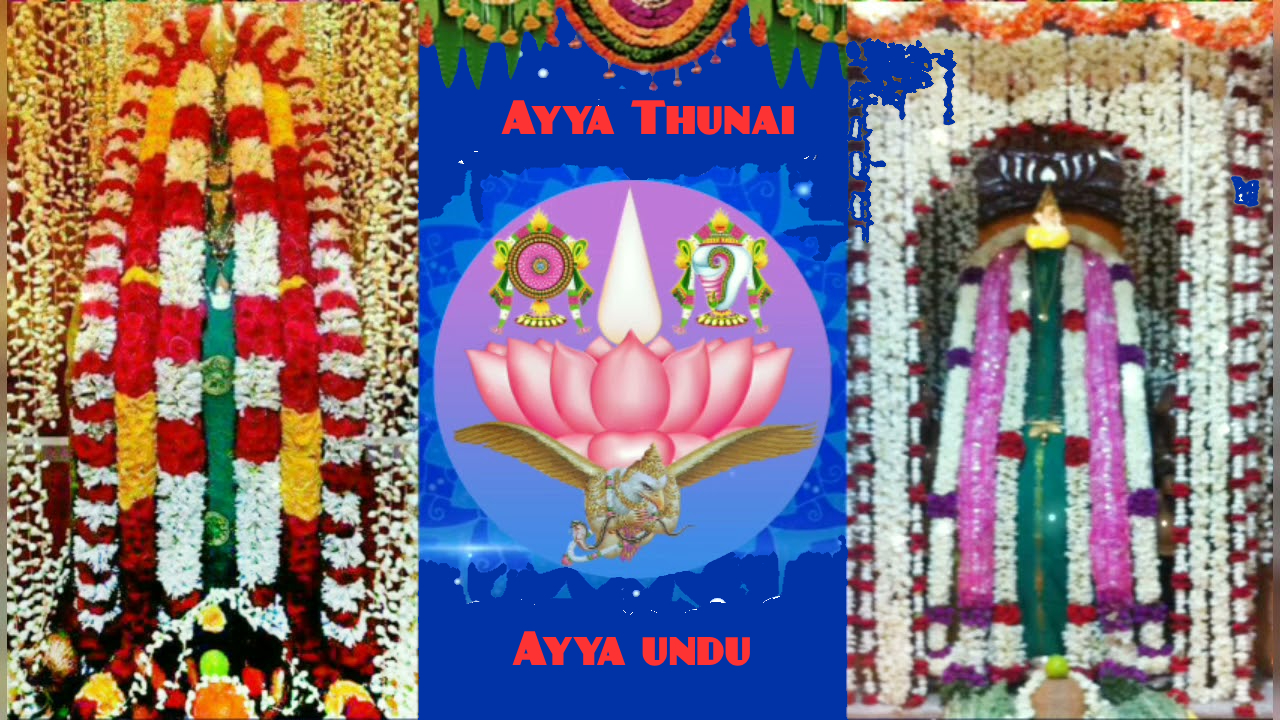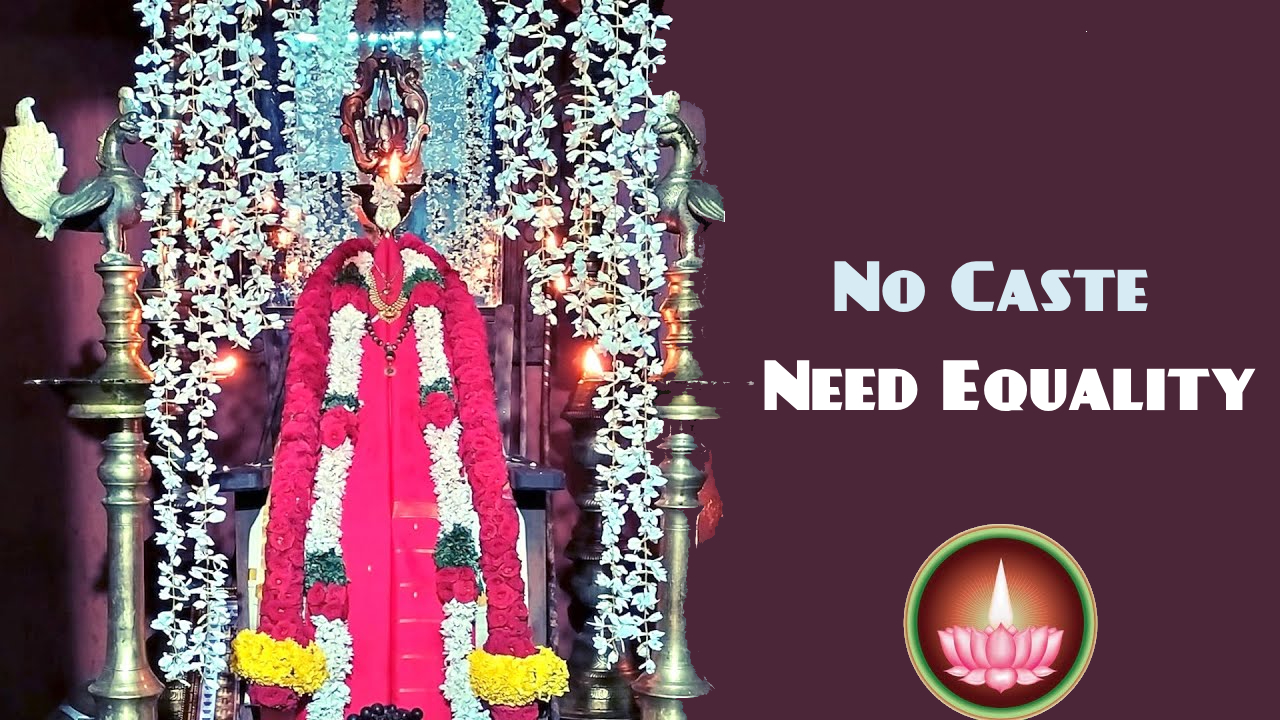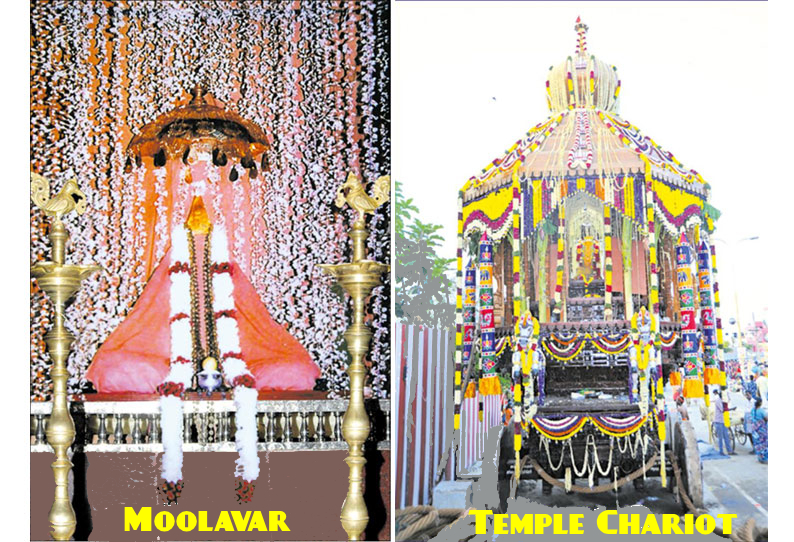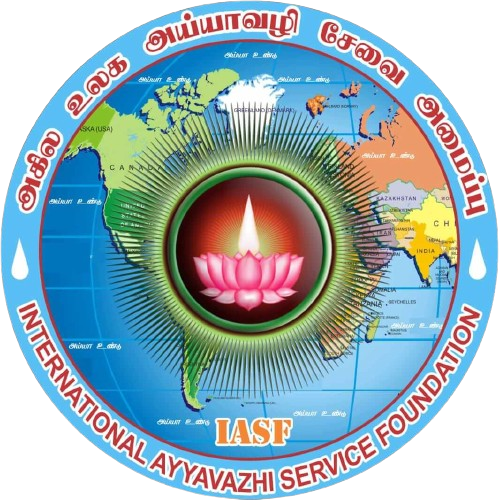
Ayya worship practices


In the sea of Tiruchendur all the three became one idol and emerged with the name ‘Vaigundam’. He came to Mannagam and took the form of Manu.
It was the beginning of the eighteenth century, when eighty percent of the people of India, which was the proof of culture, the refuge of saints, the fertile land of the Vedas, the source of spirituality, the birthplace of avatars, and the scene of mythological legends, were crippled by the cruelties of untouchability, invisibility, and invisibility. As Annal Ambedkar later pointed out, the tyranny of caste and class was one.
The culmination of these atrocities was the princely state of South Travancore. At that time, today’s Kanyakumari district was also under the South Trivandrum principality. The downtrodden and backward people living in these areas were sold as slaves. The self-proclaimed upper castes were tabulated as the Suvarnars, who were equal to wealth, and the eighteen castes, who had no means, were tabulated as Untouchables.
These second-class people should not wear a colony, live in a run-down house, hold an umbrella, raise cattle, do the work of the upper classes and ask for wages for it. Women should not carry water jugs on their waists or wear jewellery. More than a hundred taxes were levied on thali for drug addicts, men’s mustache tax, women’s chest tax, elderly people’s crutches, hoes, scythes, thatch boxes, etc., goats, cows, chickens, dogs, cats, parrots, pigeons and plants.
Apart from that, the untouchables should not even go near schools, courts, temples, streets where the upper classes live, ponds and wells used by them, according to the principle that it is a sin to touch and see. Don’t say ‘I’m going to sleep’ to anyone. You should say ‘I’m going to fall on the ground’. Above all these eighteen castes were not allowed to touch or look at the spiritual books. Anyone who violates the above rules will not be asked to be killed by any ruler.
The people of the eighteen castes, who were cheated by the upper classes and the ruling class, were longing for the disgrace that had befallen them. ‘Lord why are you torturing us like this?. Could we have been born as animals rather than this?’, they cried. They burst into tears. Those murmurs reached the all-pervading Lord.
According to the Gita teaching, “Wherever adharma reigns, there I will incarnate to destroy adharma and establish dharma.” No demon has ever done such atrocities to people in any age. This is the Kaliyuga and that is why such ghastly crap reigns.
To put an end to these activities, it is not enough for one of the three idols to incarnate in the soil like in previous ages. The Lord decided that Kali, who is an illusion that cannot be destroyed by weapons, should become one idol and incarnate as an ordinary person to preach justice. Accordingly, the three murthys emerged in the sea of Tiruchendur as one murthy and named ‘Vaigundam’. He came to Manakam and took the form of Manu. Manavaib Padhiyam came to Samithop and sat like a monk. The people flocked like a flood to seek that Mayathi Sutsan, who appeared like a human being to please the goddess and him, the Lord and him. Sami Thoppu looked like an ocean of people that day. Vaikunder, who was happy to see the people gathered in front of him, said, ‘From now on, let everyone be of one mind, like Igabara, let everyone be of one mind.
He made a well of equality, one well for all, in that period when it was a well for each caste. People of all castes gathered together to bathe and drink that rare well water. They still enjoy it today. The well that gives water that is a rare cure for all diseases is the ‘Muthrikinaru’ in Samithop. It is remarkable that no matter how many years this well water is taken in vessels, the water does not spoil.

In this case, the news that Ayya Vaikunder cures all diseases like karmaviyati, deafness, blindness, and muteness with the tap water, and the news that there is no other caste before Ayya Vaikunder apart from the two castes, male and female, spread everywhere. At the instigation of the upper classes, the King of Travancore captured Vaikunda Swami and imprisoned him in the Thiruvananthapuram Singara grove and subjected him to various tests including lime canal, fire pit, dry chili smoke, and locking him in a cage with a hungry tiger. Vaikunder, who accepted all the trials and returned victoriously, decided to provide spiritual knowledge through simple training to the eighteen caste people who were suffering as slaves without temple worship and spiritual consumption due to the threats of the ruling class. Accordingly, he sent seven hundred families to do penance with the four waga trees standing in the center of Amanakan Udla, a town along the coast north of Kanyakumari, and made them perform auspicious penance for attaining self-enlightenment.
He blessed the people engaged in Duwaiyal Tavas with the Maha Mantra Ugappuppu to pray the Lord’s Name in the morning and evening, the Maha Mantra Uchippuppu to pray at the peak, and the Maha Mantra Akandanamam to pray the Lord’s Name eternally in Tamil. By reciting those mantras properly in Tamil, the people got spiritual clarity without feeling enslaved. Ayya Vaikunder, who led all people to speak simply and to worship in a simple way, directly instructed the loved ones who came to him on that day on how to live in this world, and through the two great Agamas, Akilatirattu Ammanai and Arulnuul, for future generations to know. Presently there are more than six thousand Ayya Vaikunder worship temples to tell the world the teachings of these two books. There are approximately 26 temples in Chennai and its suburbs. Among them is the Dharmapati located at Vaikundapuram, Manaliputhunagar, Chennai, which has the Rajagopuram, the Jatpala mandapams, the flagpole and the chariot. Like Samithopp padi in Ayya shrines, Nitta Vahana Ula also takes place here. Similarly eternal almsgiving takes place here like nowhere else. This year, a modern Anna Mandapam has been opened to accommodate 500 people. Thiruedu reading festival started on the morning of the 5th (Friday) at Vaikundapuram Dharmapathi, Manaliputhunagar, where the first Rajagopuram was found among the Ayya worship temples. In this 10-day festival, on the 14th (Sunday), chariot procession, Pattabhishekam Tiruedu reading, Pallaku Vahana Bhavani and Thirukkodi Amarthal will be held.

